Arts and Humanities
Explore Arts and Humanities

Professor Magnus S. Magnusson | The surprising similarities between the structures of human cells and societies
Research by Professor Magnus S. Magnusson at the University of Iceland demonstrates surprising similarities between the organization of cellular protein networks and of human societies. He reveals how the invention of writing and, very recently, general education, transformed human civilization in ways that mirror ancient biological developments and emphasises how this makes humans unique.

Professor Bernd Schlipphak – Professor Oliver Treib – Dr. Constantin Schäfer | How citizens’ identities shape their support for international organizations
Research by Professors Bernd Schlipphak and Oliver Treib, both of the University of Münster, along with Doctor Constantin Schäfer of ifok GmbH, Germany, reveals how people’s sense of global identity influences their support for international organizations. Their work demonstrates that reforms to international organizations can have opposing effects on different groups of citizens, potentially increasing societal divisions about global cooperation.
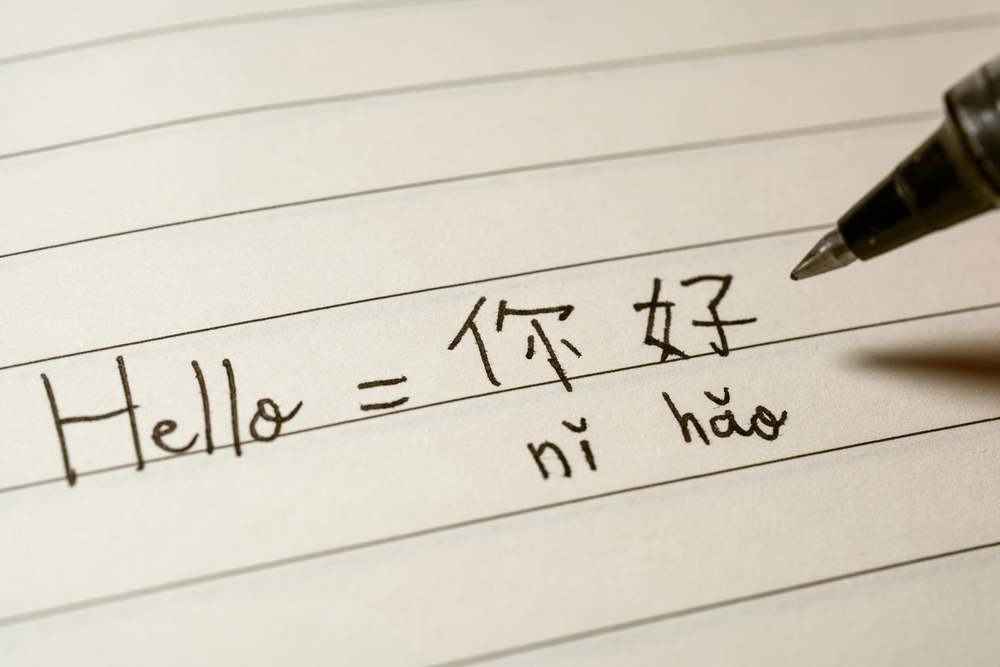
Professor Shanshan Yan | Heritage Language Learners Show Unique Advantages in Chinese Language Processing
Learning a new language as an adult is challenging, especially when the new language has features that differ significantly from one’s native tongue. This phenomenon is key to a new study led by Professor Shanshan Yan at Peking University, which examines how language learning is affected when learners encounter features in their second language that are similar to those in their first language.

Nicolas Teyssandier | Unravelling the Middle-to-Upper Paleolithic Transition in Europe
The transition from the Middle to Upper Paleolithic in Europe marks a pivotal period in human evolution, with the replacement of Neanderthals by anatomically modern humans. A new study by Nicolas Teyssandier, Director of Research at the French National Center for Scientific Research (CNRS) and vice director of the TRACES laboratory at the Toulouse Jean Jaurès University examines the archaeological evidence for this transition and attempts to reconcile it with recent discoveries, shedding new light on this complex period of cultural and biological change.
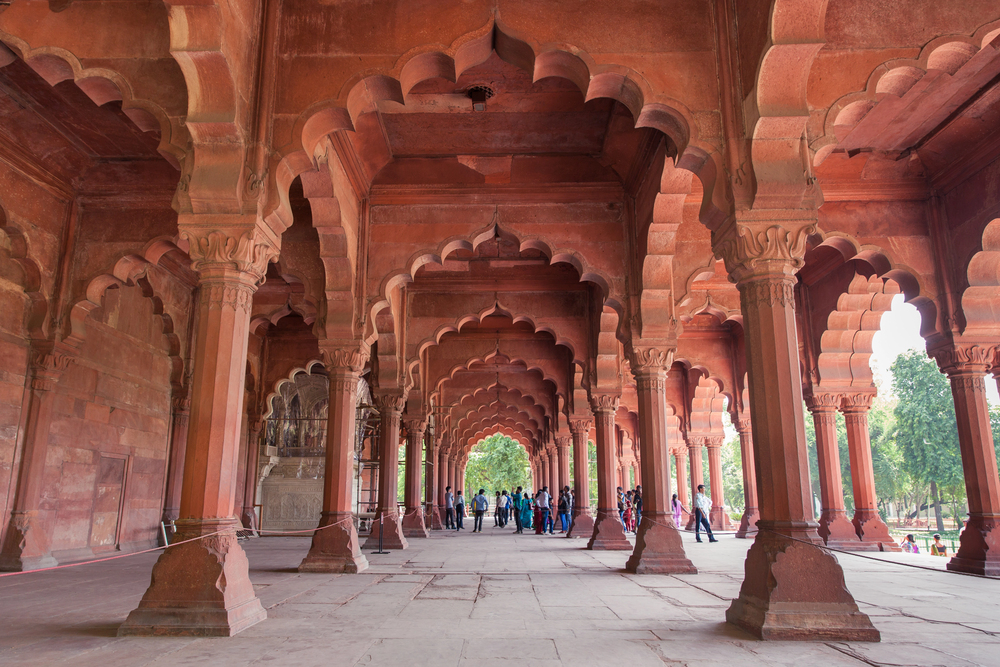
Professor Richard M. Eaton | Rethinking Cultural Exchange in India in the Persianate Age, 1000-1765
In his book India in the Persianate Age, historian Professor Richard M. Eaton of the University of Arizona challenges long-held assumptions about India’s history from 1000 to ca. 1800 CE. By examining the complex interactions between Persian and Sanskrit cultural spheres, Eaton offers a fresh perspective on this pivotal period, shedding light on the dynamic processes of cultural exchange and integration that shaped the subcontinent.
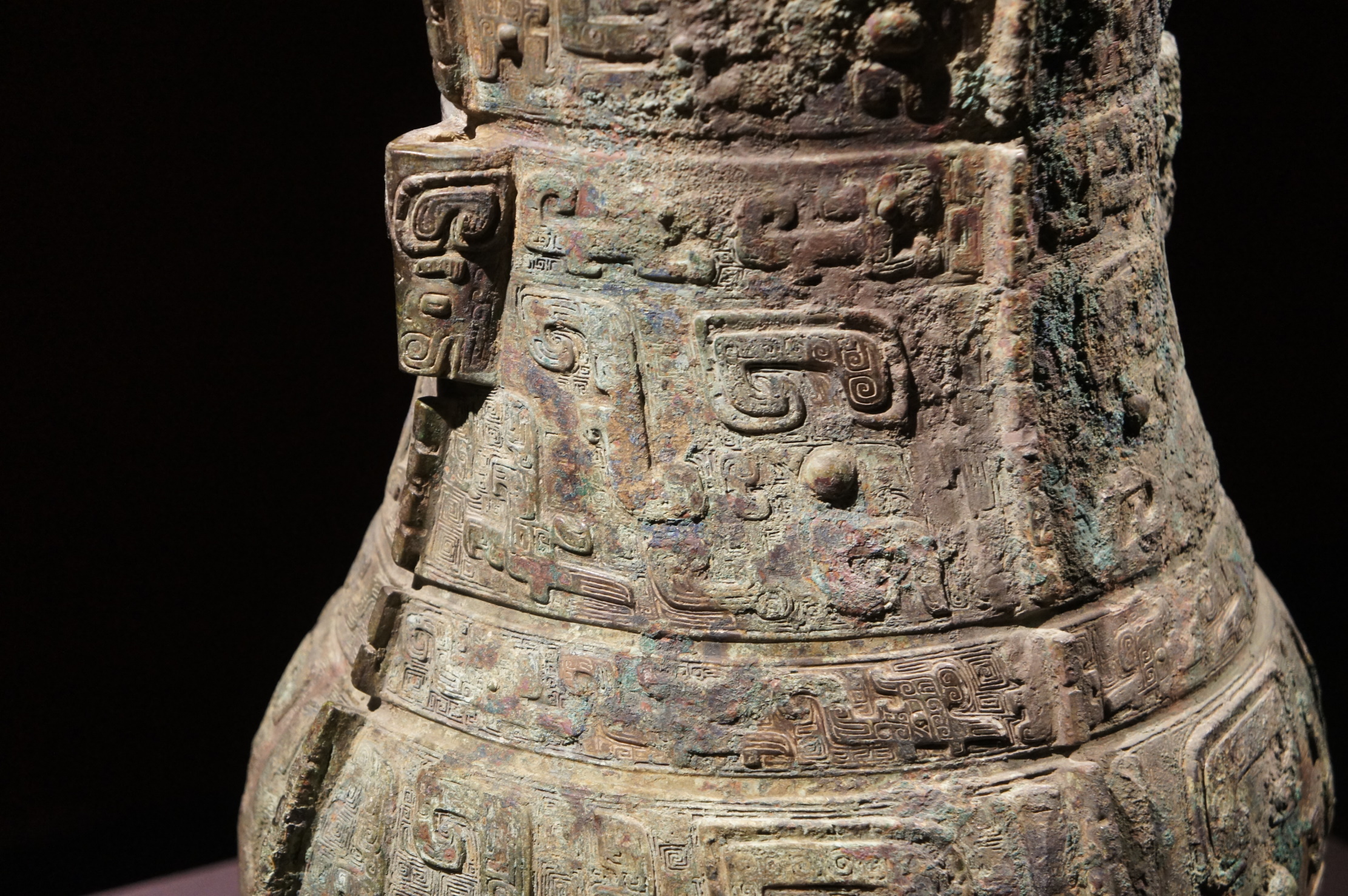
Assistant Professor Wen Yin (Elaine) Cheng | Bronze Casting Moulds Reveal Late Shang Dynasty Craftsmanship
Bronze vessel casting technology in ancient China’s Shang Dynasty has long been of interest to archaeologists. Assistant Professor Wen Yin (Elaine) Cheng at Wilfrid Laurier University has shed new light on the knowledge and organisation of artisans who made these pieces. By analysing bronze vessel casting moulds, she has uncovered intricate production sequences that offer fresh insights into the social dynamics of this ancient civilization beyond the elite class typically depicted in historical records.

Axel Marx | The successes of voluntary sustainability standards and the challenges they face
Voluntary Sustainability Standards have emerged as influential tools to promote sustainable practices in global value chains and are becoming increasingly relevant in the context of new legislation by the European Union and other governments for the promotion of sustainable development. A comprehensive review led by Axel Marx at KU Leuven examines the evolution, impacts, and challenges of these standards, offering insights into their role in global governance and sustainable development.
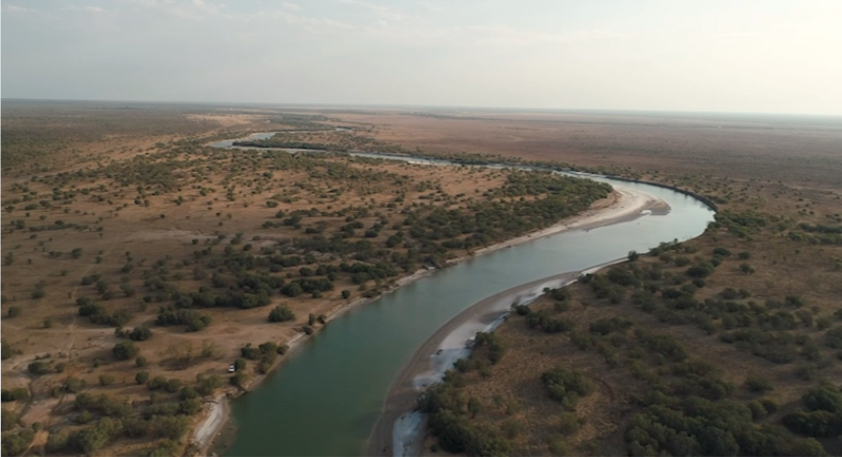
Professor Anne Poelina | The Key to Solving Climate Change May Lay in Indigenous Wisdom
In the Kimberley region of Western Australia, Indigenous First Australians are partnering with researchers and together they are pioneering a revolutionary approach to environmental planning and management, called ‘Caring for the River Country’. By blending ancient wisdom, Indigenous First Law and science with Western science, they’re reimagining our relationship with nature and offering a blueprint for global climate action. Professor Anne Poelina at the University of Notre Dame Australia argues that the key to our planet’s future may lie in Indigenous knowledge and wisdom, and ways of conceiving of our natural environment as kin.
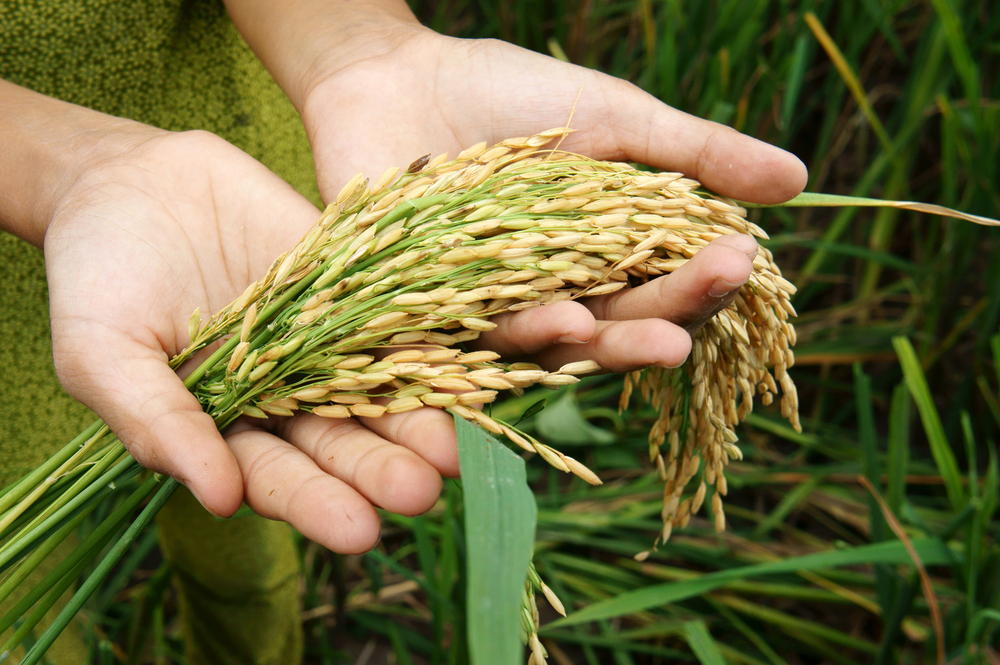
Professor Elliot Berry | Why Food Security is Crucial to the Development of Human Societies
Darwin identified fire and language as the key elements of human progress. Professor Elliot Berry, of the Hebrew University of Jerusalem, argues that nutrition and food security are equally vital for cultural evolution. He is a Specialty Chief Editor of Frontiers in Nutrition – Nutrition and Sustainable Diets, and an Editor of the three volume Encyclopaedia of Food Security and Sustainability. Berry explains that food security supports the development of sociotypes, which describe how individuals interact within society, and emphasizes their importance, especially amid global crises, for sustainable development and public health. He advocates that we recognize food security as a fundamental human right and incorporate sociotype concepts in medicine and public health.

Professor Elena Baracani | How President von der Leyen Shaped the EU’s Response to Russia’s Invasion of Ukraine
When Russia launched its full-scale invasion of Ukraine in February 2022, the European Union faced a crisis that demanded a swift and unified response. A new study by Professor Elena Baracani from the University of Bologna examines how Ursula von der Leyen, President of the European Commission, used her leadership role to shape the EU’s reaction during the crucial first 10 weeks of the conflict.
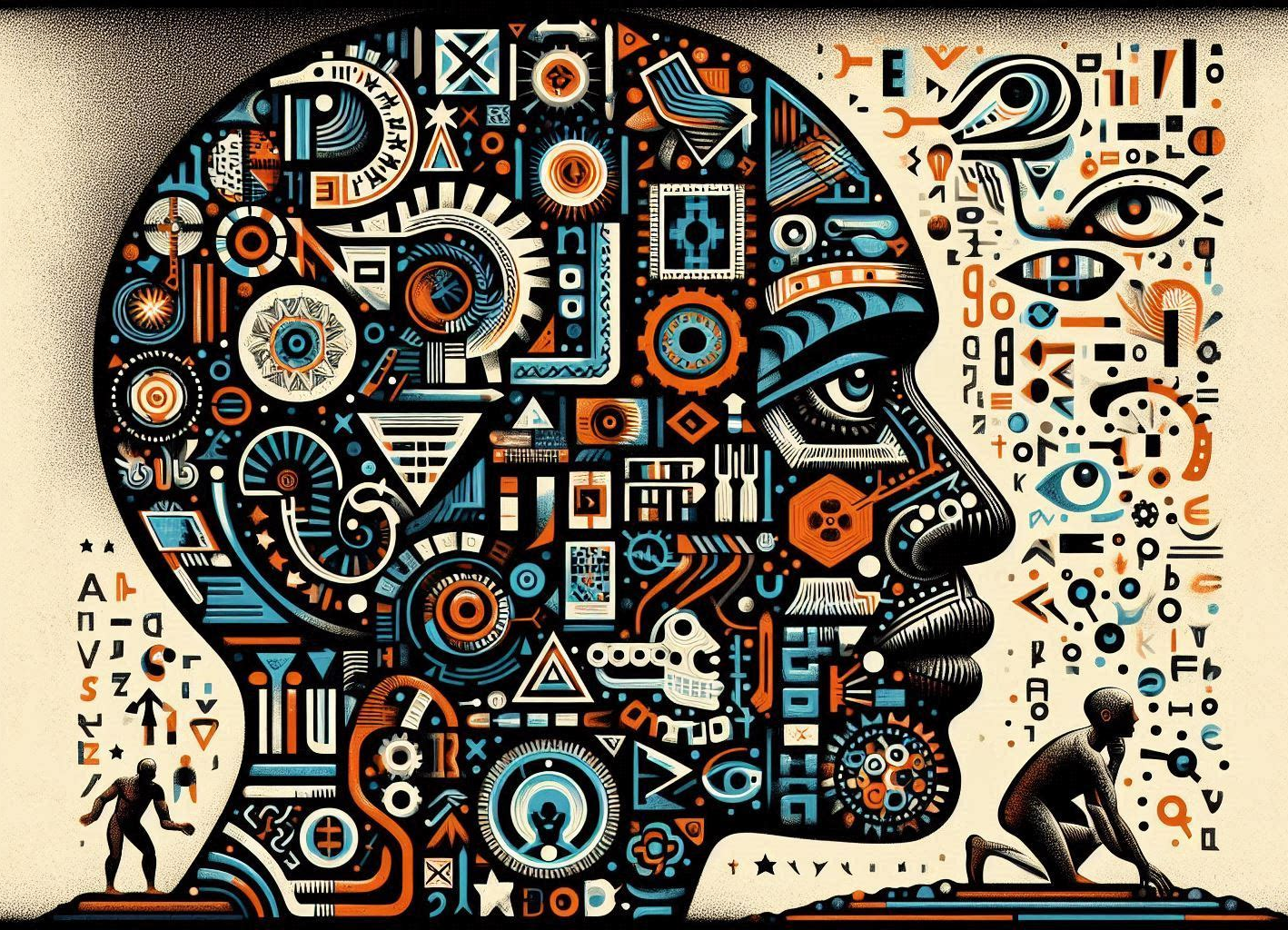
Dr Hana Jee | Unlocking the Secret Code of Writing Systems
Ever wondered why letters look the way they do? Dr Hana Jee at York St John University in the UK investigates intriguing connections between how languages sound and how they are written. Using a number of methodologies, she has conducted innovative research to quantify these relationships. Her work began with Korean Hangul, a writing system intentionally designed to be highly logical and systematic. Dr Jee has since expanded her research to include diverse scripts like Arabic, English, Hebrew and many others. Her findings suggest unexpected patterns across writing systems, opening several fascinating future research avenues.

Marine Bardou | Quiet Early Bird or Loud Late Riser? Understanding the European Parliament’s Involvement in International Agreements
The European Parliament has the ability to play a key role in shaping the European Union’s international agreements. But how exactly does it get involved in these complex negotiations? Researcher Marine Bardou from the University of Louvain has conducted a comprehensive study to answer this question, revealing surprising patterns in the Parliament’s activities.

Dr. Osei Appiah | How Political Identity Trumps Racial Identity in Cross-Race Conversations About Sensitive Topics
Research from communication scholars at The Ohio State University reveals fascinating new insights about the dynamics of conversations about race-related issues in the USA. Two complementary studies show that White participants expected more negative outcomes and were more likely to avoid conversations with fellow White people from different political parties than with Black people from different parties. The findings challenge assumptions about racial identity and suggest that partisan divisions have become more influential than racial divisions in shaping willingness to engage in difficult conversations.

Professor Juliane Reinecke – Professor Jimmy Donaghey | How Deliberate Ambiguity Built One of the World’s Most Successful Worker Safety Initiatives
Research from Professor Juliane Reinecke at the University of Oxford and Professor Jimmy Donaghey at the University of South Australia reveals how strategic ambiguity in international agreements can paradoxically strengthen rather than weaken collective action. Their eight-year study of the Bangladesh Accord for Fire and Building Safety demonstrates how deliberately vague language that initially enables difficult negotiations can evolve into robust, expanding commitments that exceed original expectations.

Dr. Bernhard Reinsberg – Dr. Christoph Valentin Steinert | How Human Rights Laws and Economic Competitiveness Can Co-Exist
Research from Dr. Bernhard Reinsberg at the University of Glasgow and Dr. Christoph Valentin Steinert at the University of Zurich reveals how France’s groundbreaking mandatory due diligence law defied business predictions of economic harm. Through analysis of 11,504 French companies over fifteen years, their study demonstrates that requiring firms to monitor human rights and environmental standards in their supply chains had no significant impact on profitability. Their findings challenge widespread industry claims that such regulations threaten competitiveness and provide crucial evidence for policymakers considering similar legislation worldwide.

Prof. Gerhard Schurz | Solving the Logical Conundrum of Inductive Inferences
In the 18th century, Scottish philosopher David Hume posed a confounding question about the nature of the scientific method. By questioning the logic behind making predictions based on past observations, he exposed a fundamental problem that has vexed logicians to this day. But now, through a new analysis, philosophers Prof. Gerhard Schurz and Dr. Paul Thorn at Heinrich Heine University Düsseldorf offer a fresh perspective – one that could finally help us escape Hume’s logical trap, through a concept known as regret-based meta-induction.

Dr. Jacqueline Lambiase – Dr. Ashley English – Dr. Julie O’Neil | How Municipal Communication Failures Perpetuate Systemic Racism
Communication research from Texas Christian University reveals how the killing of Atatiana Jefferson in Fort Worth exposed fundamental failures in how cities listen to Black residents. Through in-depth interviews and a national survey, Dr. Ashley English, Dr. Jacqueline Lambiase and Dr. Julie O’Neil demonstrate that meaningful organizational listening requires not just hearing community voices, but implementing changes based on their input. Their findings show that without authentic engagement and accountability, municipal listening processes perpetuate rather than disrupt systemic racism.
